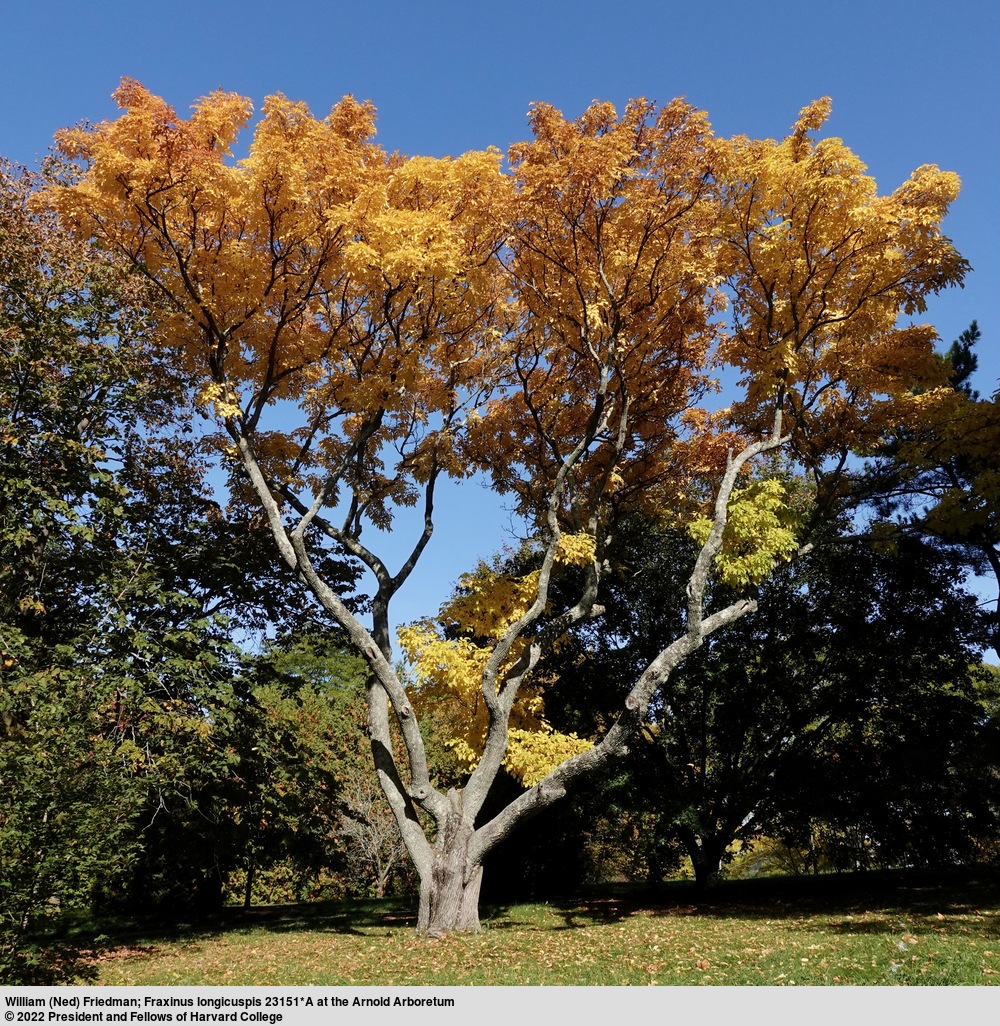Autumn in England. Autumn in big-sky arable Essex, to be precise, where I’m staying with my parents for a couple of weeks. Bonfire smoke ghosting the hedges. Changeability, abnormality. Weird prickling temperateness. Sky-flash of rainwater in the wheel-rut. Exhalation of earth-dust behind the tractor. Twilight, and the heron flaps heavily past the jeering ducks.
I get bored, sang Bauhaus’s Peter Murphy, I do get bored/ IN THE FLAT FIELD. I love that song. But I don’t get bored. The flat field, recently drilled with next year’s crop, is where I might catch the profane silhouette of a hare: his tawny length, and the flicked V of his ears. The flat field is where I might see a scooting muntjac, vermin bundle on short deer legs. The Duke of Bedford brought a couple over from China in 1838, and now they’re everywhere. They cough like old men but they panic like mice.
And then there are the trees. Tall ash trees with swooping curves, a mob of haggard nettles at their base. Hawthorns in the hedges, their berries a berserk shade of red. Priestly willows. Beech trees infected by autumn, those first dabs of ginger in the green. The oak, ablaze with his own energy, warped by his own interior heat. The chestnut, many-chambered, tolerant host of the moodswinging wood-dove. Noble, soul-improving trees; scraggly-ass malicious trees. Trees with antlers. Trees with fists. Trees that a painter might like, filtering the distance that peals across the fields. Memory trees. Phantom elms, killed in the ‘70s by Dutch Elm Disease, their crowns full of long-dead rooks. Trees like brains that are stirred to thought by the wind.
There was a time in my life when if I looked, really looked, at a tree, I’d experience a tinny, middle-class version of the famous encounter in Sartre’s Nausea, when the root of a chestnut tree gives the narrator a panic attack: “I couldn’t remember it was a root anymore. Words had vanished and with them the meaning of things, the ways things are to be used, the feeble points of reference which men have traced on their surface. I was sitting, stooping over, head bowed, alone in front of this black, knotty lump, entirely raw, frightening me.”
That time has passed, thank God. My journey out of it was long and complicated and not particularly interesting, unless you’re me. The trees, of course, never went anywhere.
James Parker is a staff writer at The Atlantic. His book Get Me Through the Next Five Minutes: Odes to Being Alive will be published by W. W. Norton in June 2024.
